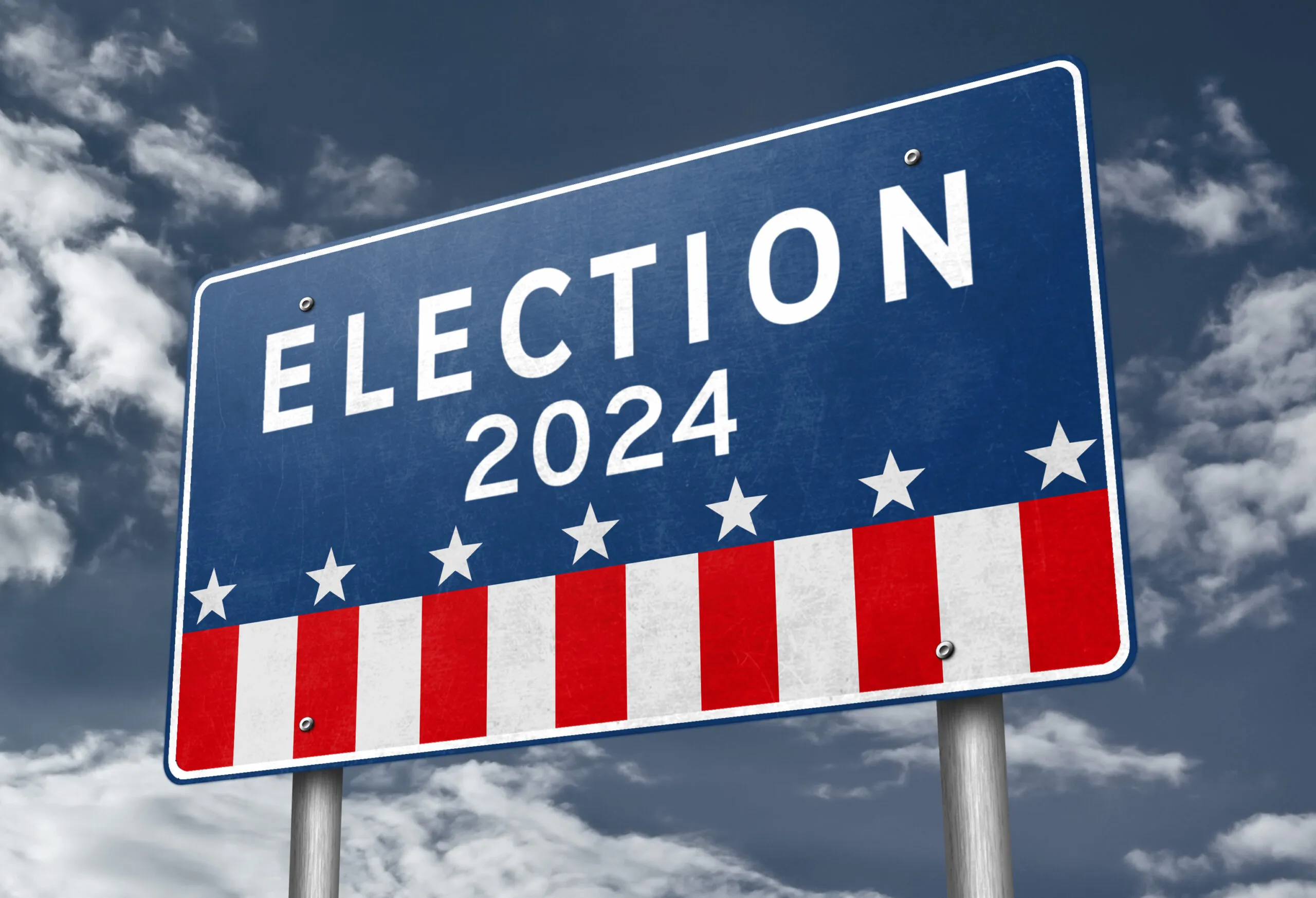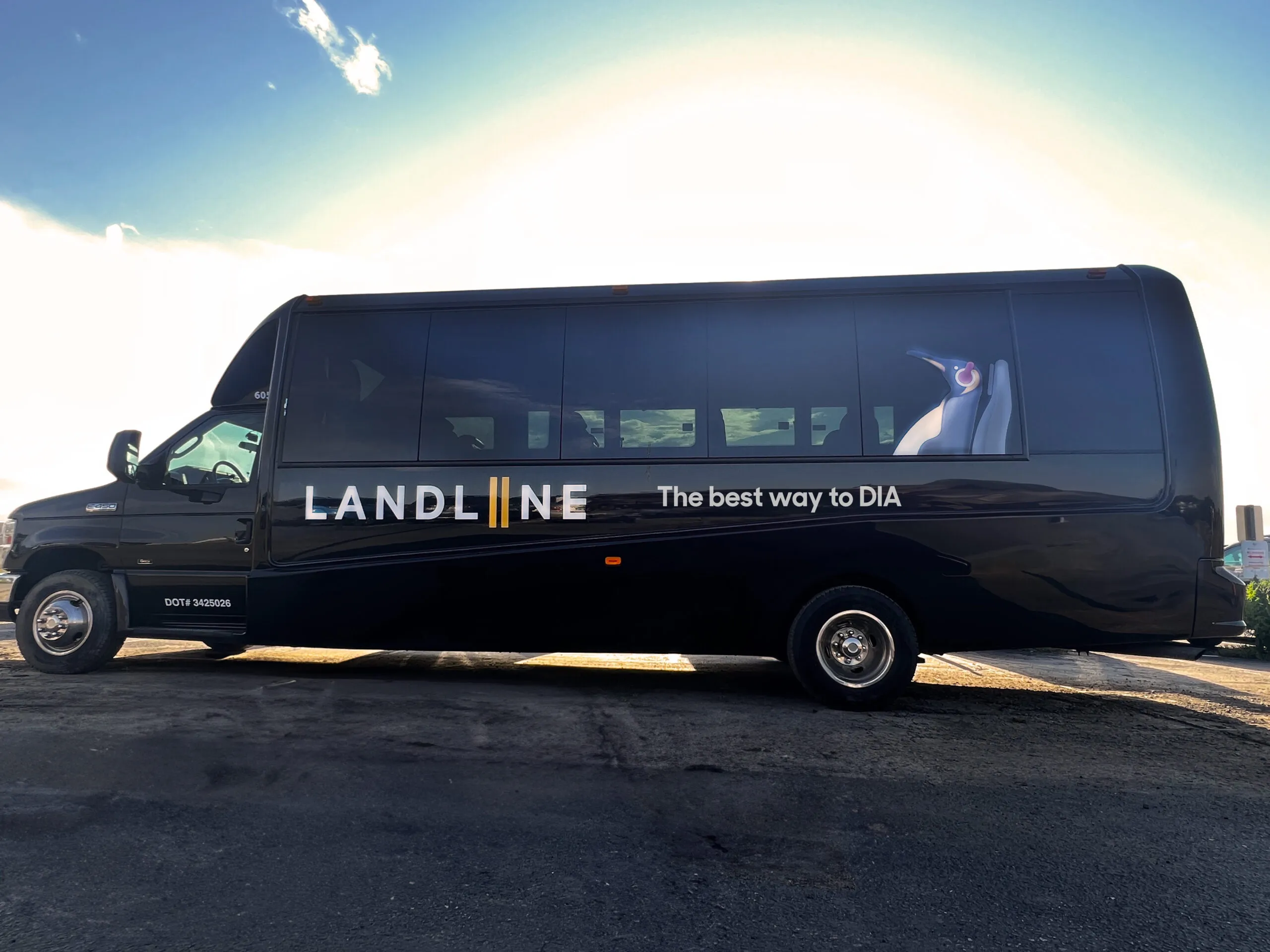Measure ‘de-Brucing’ RTD funding cruising toward victory

Colorado voters appear poised to approve Regional Transportation District Ballot Issue 7A, which allows RTD to retain annual revenues — projected to be upwards of $60 million — beyond the Taxpayer’s Bill of Rights cap rather than refunding them to taxpayers.
Decoupling agencies from TABOR limits is known as “de-Brucing,” after TABOR author Douglas Bruce.
As of 8:57 p.m. supporters of Ballot Issue 7A accounted for 69.13% of the vote tally with nearly 1.1 million votes counted.
SPONSORED CONTENT
Within the Boulder Valley and Northern Colorado, voters in all of Broomfield and Boulder counties, as well as portions of Weld County, had the opportunity to vote on 7A.
“We have been right from the outset supportive of this effort to ‘de-Bruce’ RTD funding,” Boulder Chamber CEO John Tayer told BizWest on Tuesday.
“We certainly have our concerns about RTD service and the need for improvements,” he said.
RTD pledged in 2004 to establish commuter rail service between Denver and Boulder County, but two decades later those trains are yet to run.
“That aside, we don’t want to pull funding from RTD when we are looking to enhance service,” Tayer said. “… We think that they should be allowed to keep all of the revenue that Colorado voters have afforded them.”
This story will be updated as new vote counts are released by election officials.
After early returns Tuesday night, Colorado voters supported Regional Transportation District Ballot Issue 7A, which allows RTD to retain annual revenues — projected to be upwards of $60 million — beyond the Taxpayer’s Bill of Rights cap rather than refunding them to taxpayers.


